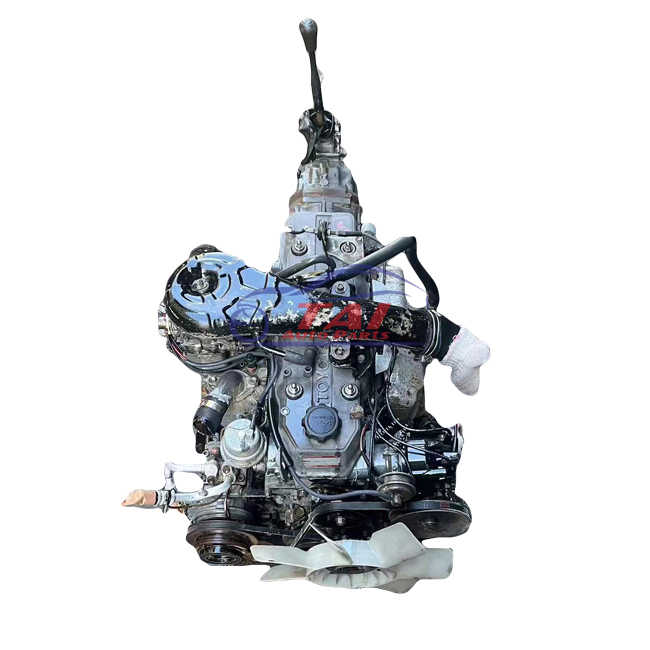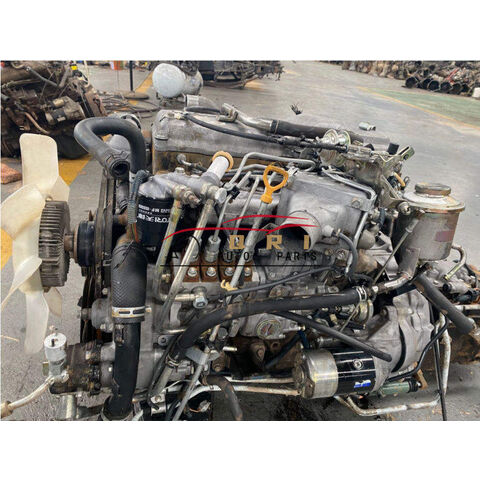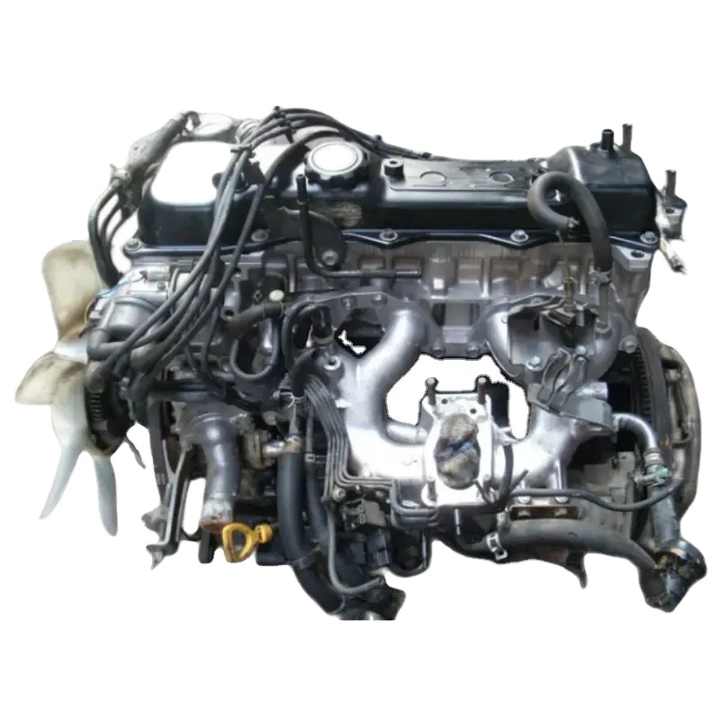Comparing the Toyota RunX RSI to Other Compact Efficiency Cars
Comparing the Toyota RunX RSI to Other Compact Efficiency Cars
Blog Article
Explore Quality and Worth: Your Guide to Buying a Previously Owned Engine
When considering the acquisition of a pre-owned engine, recognizing the intricate balance in between top quality and value is vital. A comprehensive examination of engine history, condition, and dependability is essential to make certain an audio financial investment.
Comprehending Engine Types
When considering the acquisition of a second-hand engine, understanding of the various engine types is important for making an informed decision. Engines can usually be classified into 2 main kinds: interior burning engines and electrical engines. Inner combustion engines, that include gas and diesel variations, count on the combustion of gas to generate power. Gasoline engines are generally lighter and rev greater, making them ideal for performance cars, while diesel motor are renowned for their torque and gas effectiveness, typically preferred in durable applications.
On the other hand, electrical engines use electrical energy kept in batteries to power the automobile, offering a cleaner alternative with fewer relocating components and decreased maintenance demands. Within these categories, there are even more differences, such as four-stroke versus two-stroke internal combustion engines, and various electrical motor configurations.
Understanding these differences is crucial, as they influence efficiency, compatibility with existing automobile systems, and lasting functional prices. By acquainting oneself with the various types of engines readily available, potential buyers can better examine their requirements and make choices that line up with their automobile's needs and their personal preferences.

Reviewing Engine Problem
A complete evaluation of engine problem is paramount for any individual considering the purchase of a pre-owned engine. Start with an aesthetic inspection; look for indicators of oil leakages, corrosion, or any type of physical damages to the engine block. A clean engine is typically indicative of excellent upkeep methods, while excessive gunk might recommend forget.
Following, analyze the engine's parts, including the timing belt, gaskets, and seals. Look for damage, as these parts can be expensive to replace. Additionally, analyze the engine mounts, as damaged installs may result in resonances and more mechanical concerns.
A compression examination is vital to determine interior engine health. Consistent compression across all cyndrical tubes indicates a properly maintained engine, whereas substantial disparities may direct to internal damages or wear.
Paying attention to the engine during a start-up can provide valuable insights; any uncommon noises, such as rattling or knocking, might recommend deeper problems. If possible, request an examination run to examine efficiency under tons. By diligently assessing these aspects, possible customers can make enlightened decisions and protect a high quality pre-owned engine.
Checking Engine History
Understanding the engine's background is critical for making an educated acquisition. Understanding of previous usage, upkeep records, and any kind of previous damages can dramatically influence the engine's reliability and durability. Beginning by requesting the car identification number (VIN) or engine serial number, which allows you to trace the engine's history.
Make use of readily available sources, web such as Carfax or AutoCheck, to acquire a lorry background report. This report will give vital understandings, including mishap history, service documents, and previous ownership information. Toyota RunX RSI. Pay particular interest to any type of indications of severe damage or repeated fixings, which may indicate underlying problems
Ask about upkeep regimens performed on the engine. Normal oil modifications, timing belt replacements, and other safety nets reflect accountable possession. Additionally, ask if the engine has actually gone through any adjustments, as non-standard modifications can impact efficiency and compatibility with your vehicle.
Last but not least, ideally, seek useful link confirmation from a relied on mechanic who can analyze the engine's condition based on its history (Toyota RunX RSI). This extensive examination will certainly help you guarantee and stay clear of prospective challenges that your investment is rewarding and audio
Service Warranty and Return Plans
Getting a pre-owned engine commonly comes with differing warranty and return policies that can substantially impact your choice. When taking into consideration an utilized engine, it is necessary to thoroughly evaluate the warranty options offered by the seller. Some suppliers might provide limited service warranties that cover particular components for a specified duration, while others may offer even more extensive coverage. Understanding the terms and conditions connected to these service warranties is essential, as they can influence the long-lasting worth and reliability of your acquisition.

Moreover, reliable sellers typically give documents that lays out the service warranty and return procedure, making sure transparency. Constantly ask for this info prior to settling your acquisition. A well-defined service warranty and return plan can give comfort and shield your financial investment, making it an important part of the decision-making process when acquiring a second-hand engine.
Locating the Best Deals
When seeking the very best bargains on a used engine, top article it is important to perform comprehensive study and contrast rates from numerous vendors. Start by discovering on the internet industries, automotive discussion forums, and regional salvage lawns to collect a thorough understanding of the market. Utilizing price comparison devices can improve this process, highlighting competitive prices across various systems.

Think about timing your acquisition tactically. Seasonal fluctuations in need can affect prices, with certain times of the year supplying far better bargains. Furthermore, be open to negotiating prices; several sellers may agree to reduce their asking price, particularly if the engine has actually been detailed for a prolonged duration.
Conclusion
In recap, purchasing a used engine demands a complete assessment of high quality and worth. Assessing engine condition via examinations and inspections, confirming its background, and comprehending service warranty and return policies are essential actions.
When considering the acquisition of a used engine, comprehension of the various engine kinds is crucial for making a notified decision. Engines can normally be classified into two main types: inner burning engines and electric engines. Gas engines are commonly lighter and rev higher, making them appropriate for performance cars, while diesel engines are renowned for their torque and gas performance, usually favored in durable applications.
A comprehensive analysis of engine condition is extremely important for anyone thinking about the purchase of a pre-owned engine. Start by requesting the car recognition number (VIN) or engine serial number, which allows you to map the engine's history.
Report this page